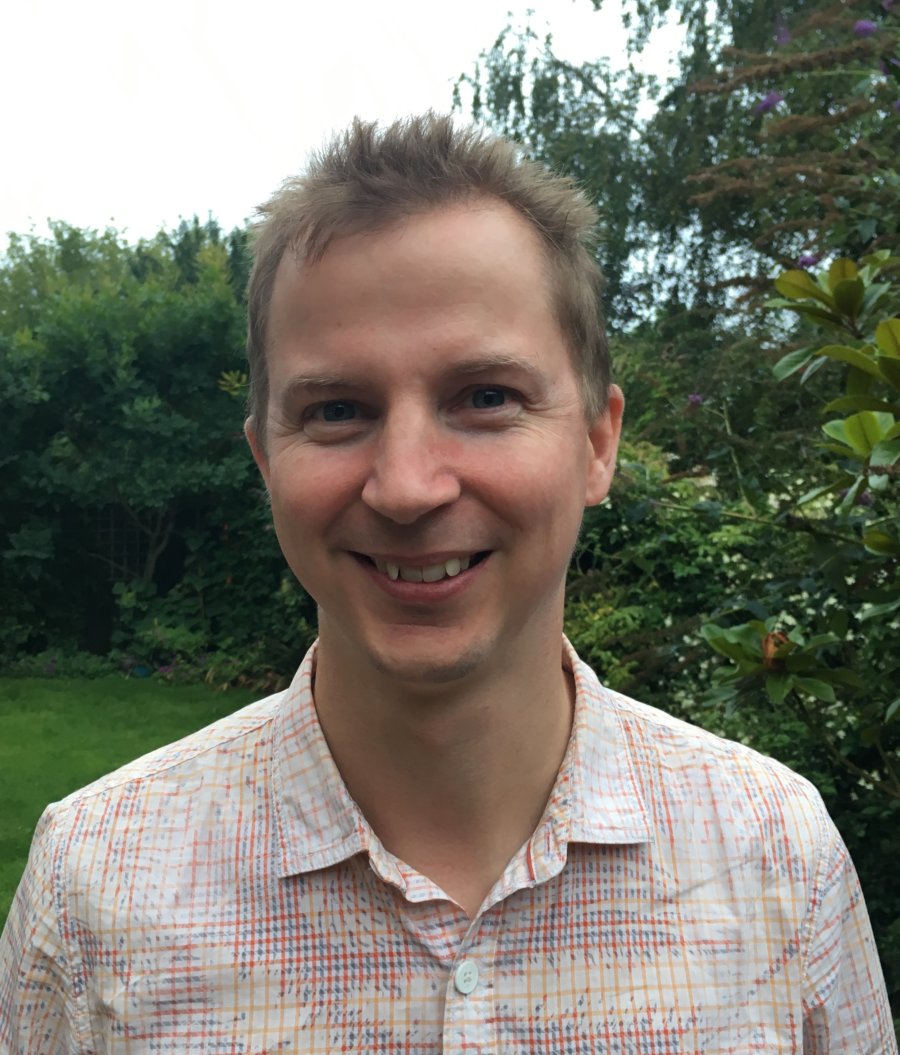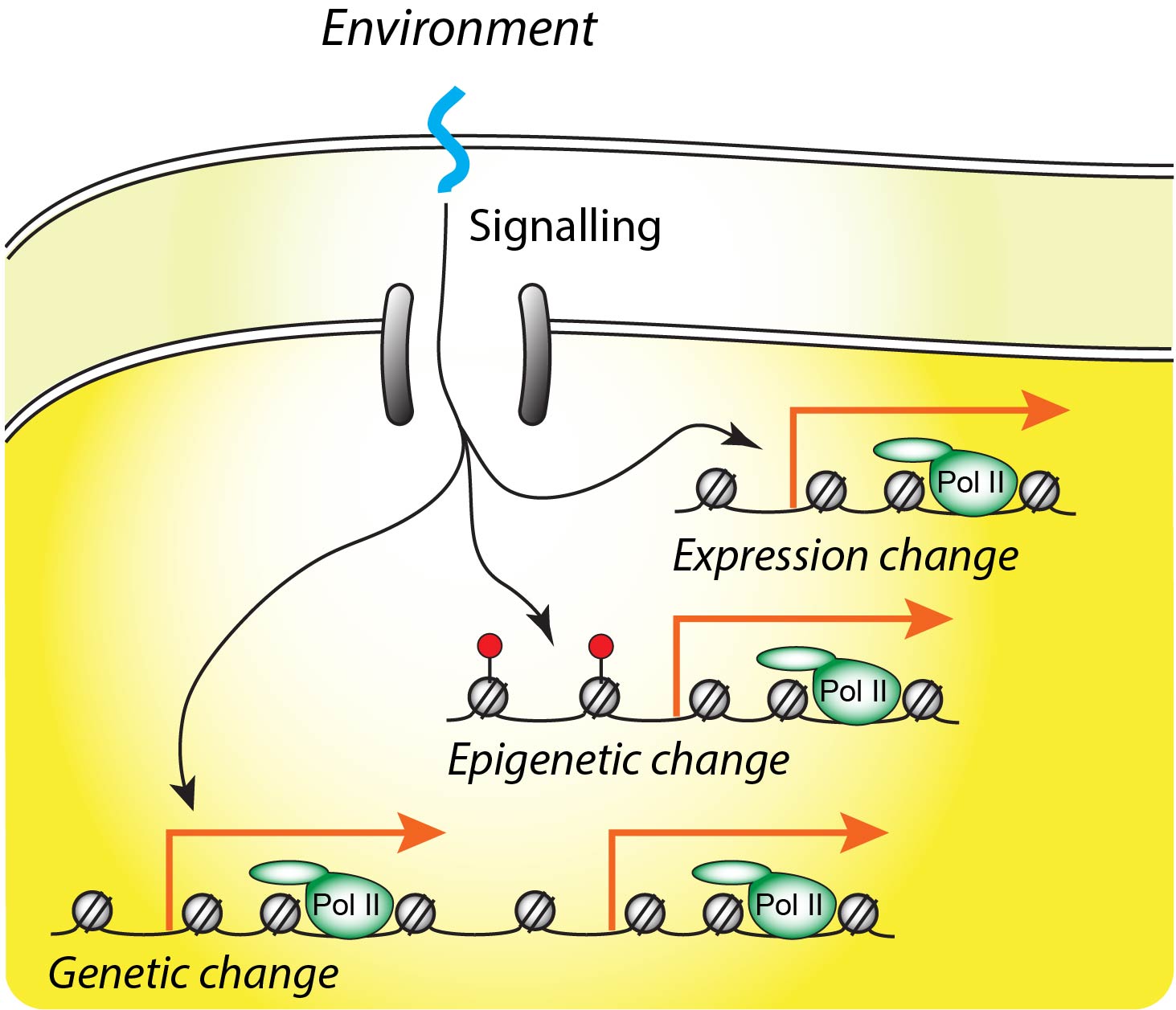
Dr Jon Houseley
Position: Group Leader
Personal home page:
https://www.babraham.ac.uk/our-research/epigenetics/jon-houseley
PubMed journal articles - click here
Dr Jon Houseley is pleased to consider applications from prospective PhD students.
We study mechanisms by which cells learn to thrive in new environments. From yeast scattered across the landscape to malignant cells facing targeted anticancer drugs, adaptation is required for survival. We question how new adaptive mutations arise amongst drug treated populations to understand the paths to drug resistance.
We focus on molecular mechanisms that link a cell's perception of the environment to its genome:
-Control of gene expression and regulatory non-coding RNAs
-Histone modifications and chromatin structure
-Replication and recombination
Overall, we ask how cells process information about their environment to yield the appropriate gene expression response, and how this informationn is applied as they adapt to challenging new environments.
We tend to think of genomes as long-term stable repositories of information, providing all the information required to produce an organism. However, genomes can change, and not just over evolutionary timescales. Genome changes are a hallmark of cancer, but it is increasingly clear that some genetic loci are very prone to change in healthy cells during the lifespan of various organisms. We have discovered that mutations are actively stimulated at particular loci in response to particular environments, suggesting that organisms have much more control of their genomes than we normally consider. We are now asking how cells can stimulate mutations in a controlled manner, and how they process environmental information to select target genes.
Hull, R.M., King, M., Pizza, G., Krueger, F., Vergara, X. and Houseley, J. Transcription-induced formation of extrachromosomal DNA during yeast ageing, BiorXiv 744896.
Cruz, C., Della Rosa, M., Krueger, C., Gao, Q., Horkai, D., King, M., Field, L., and Houseley, J. (2018). Tri-methylation of histone H3 lysine 4 facilitates gene expression in ageing cells. eLife 7, e34081.
Hull, R.M., Cruz, C., Jack, C.V., and Houseley, J. (2017). Environmental change drives accelerated adaptation through stimulated copy number variation. PLoS Biol 15, e2001333.
Jack, C.V., Cruz, C., Hull, R.M., Keller, M.A., Ralser, M., and Houseley, J. (2015). Regulation of ribosomal DNA amplification by the TOR pathway. PNAS 112, 9674-9679.
Cruz, C., and Houseley, J. (2014). Endogenous RNA interference is driven by copy number. eLife 3, e01581.
















